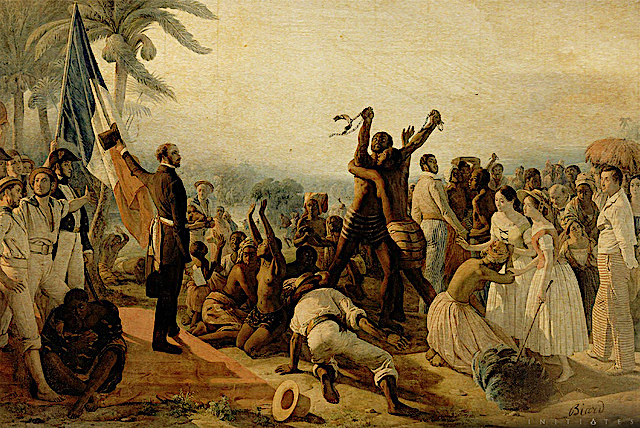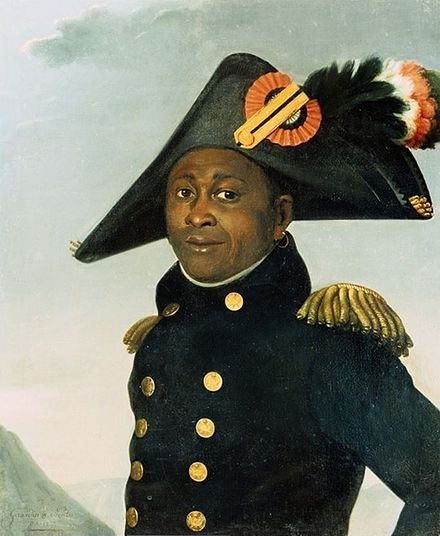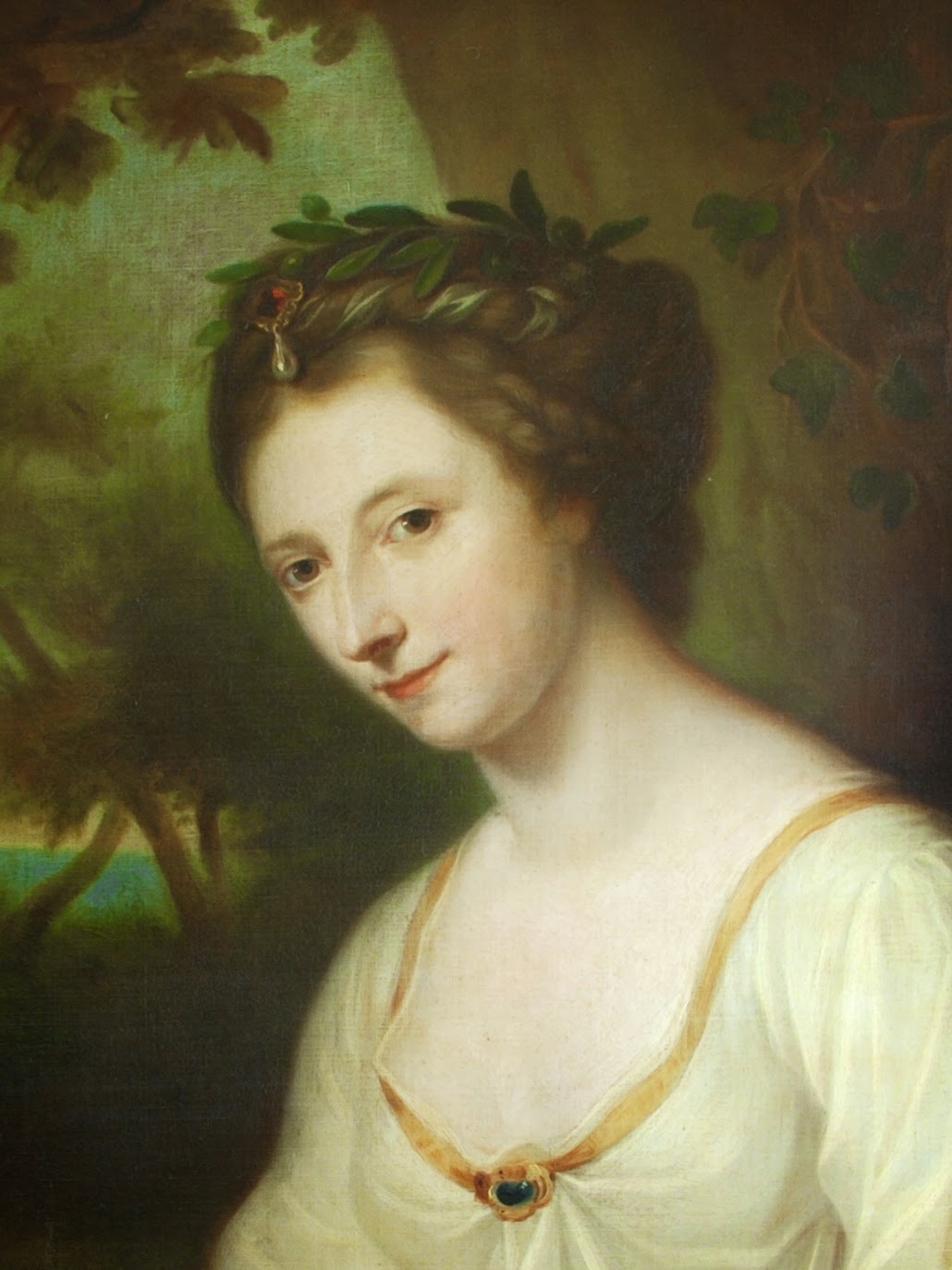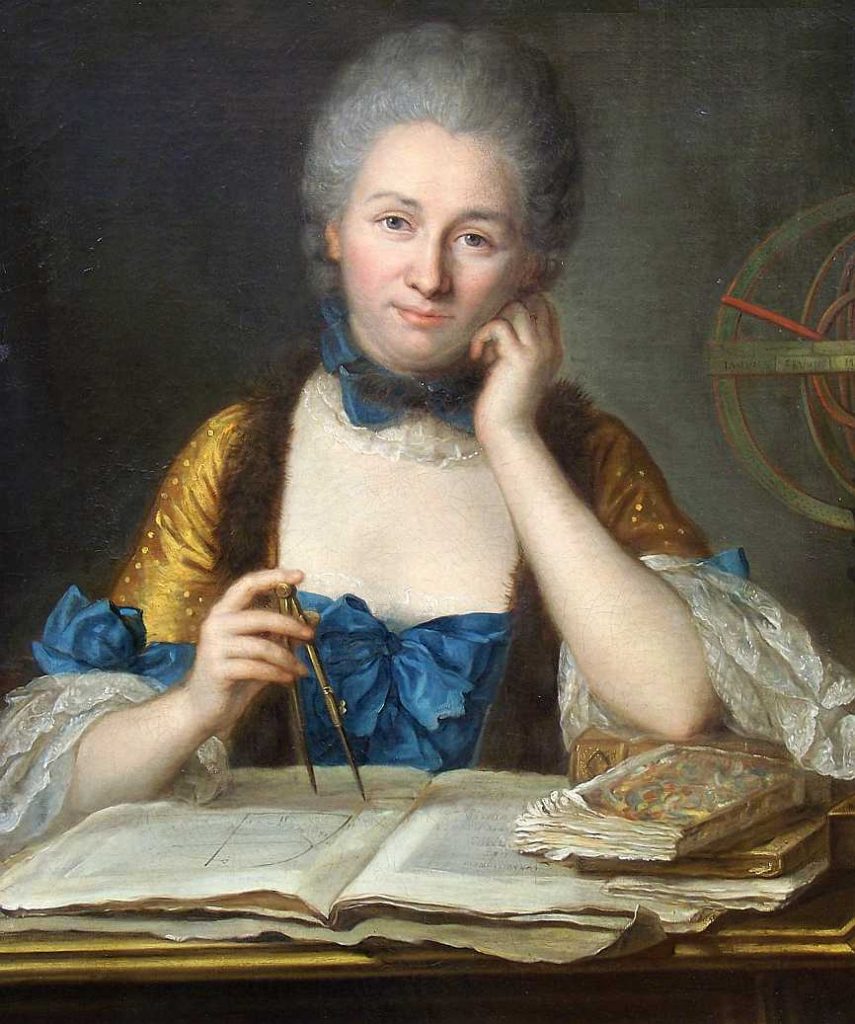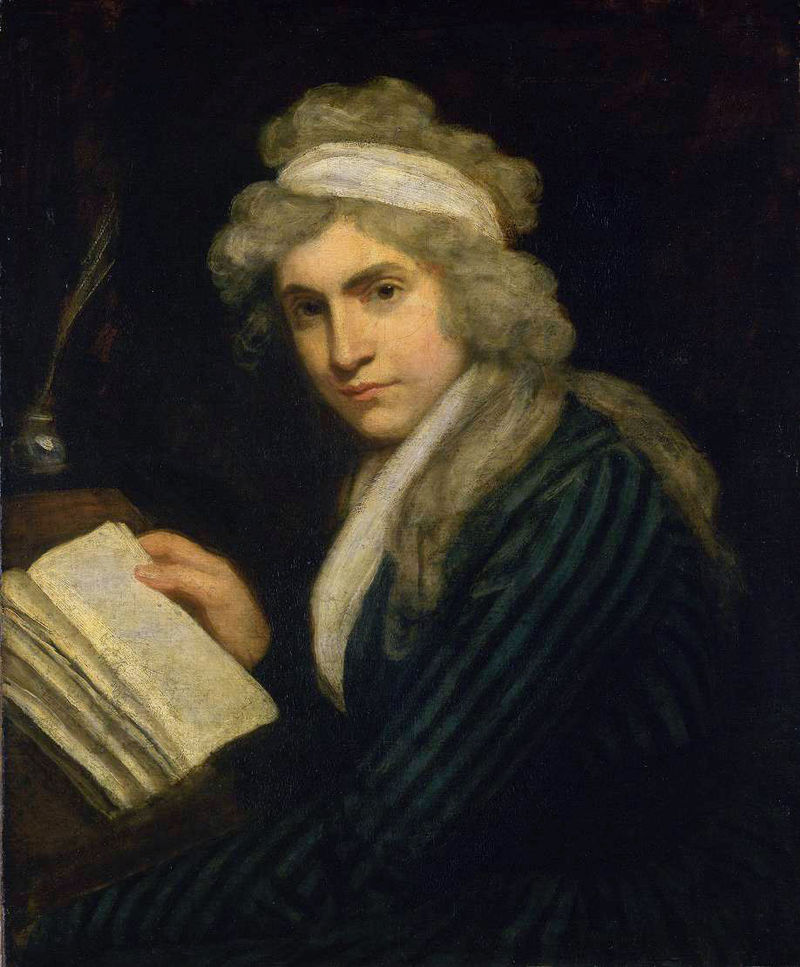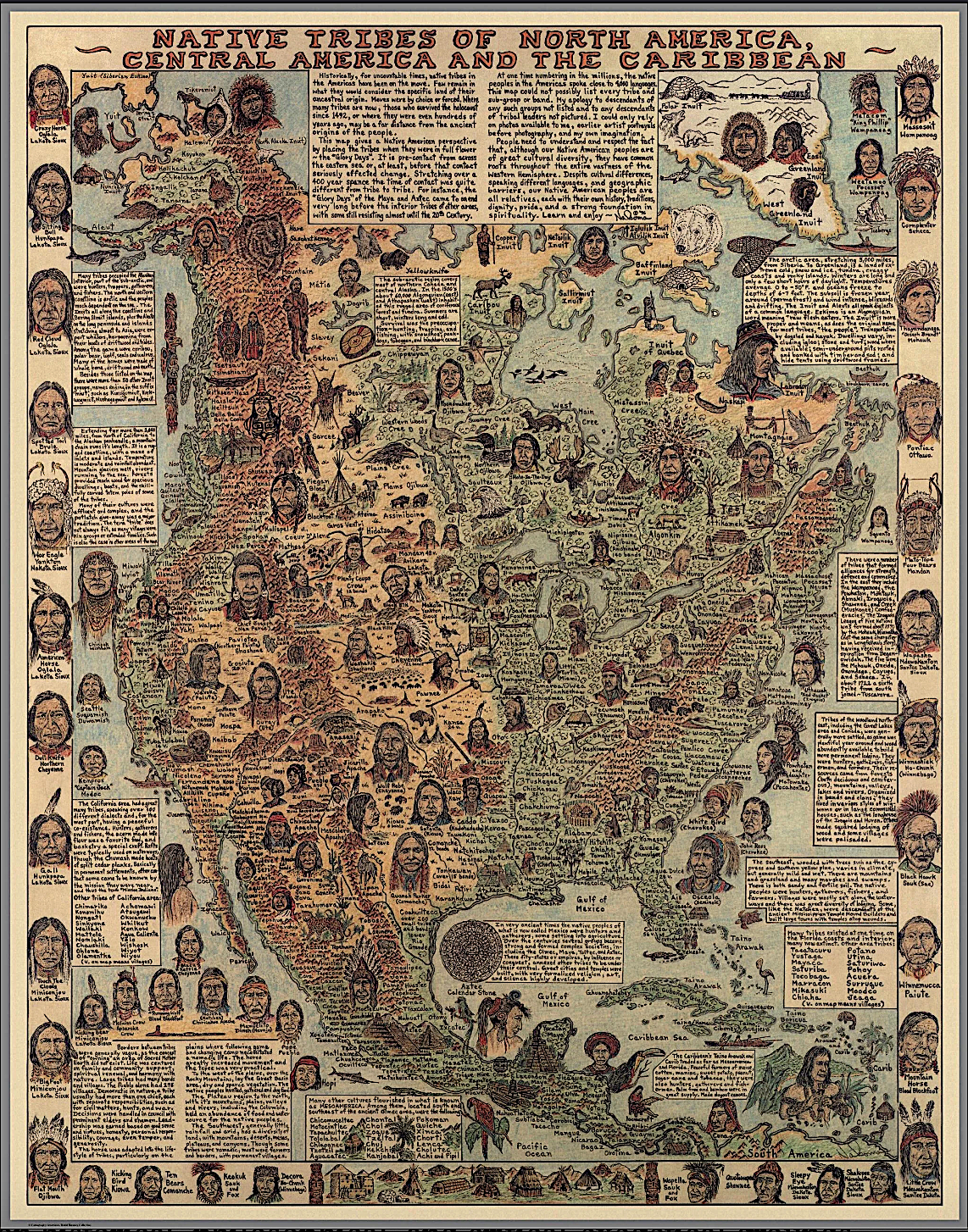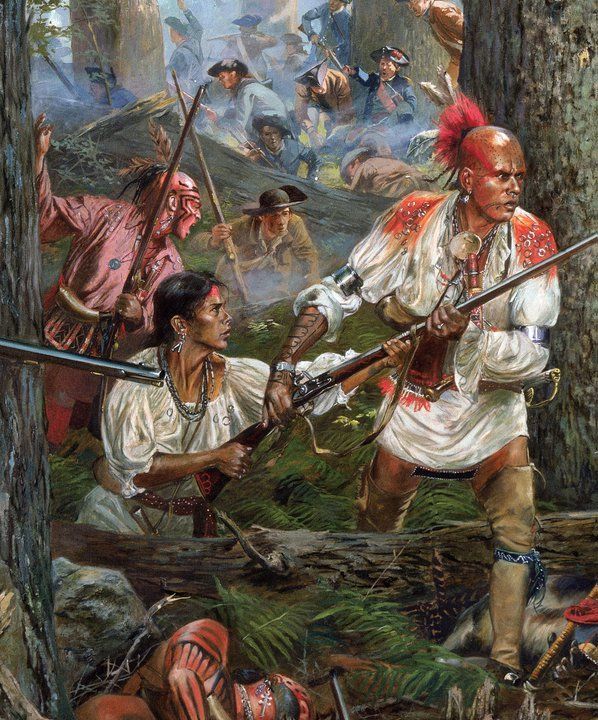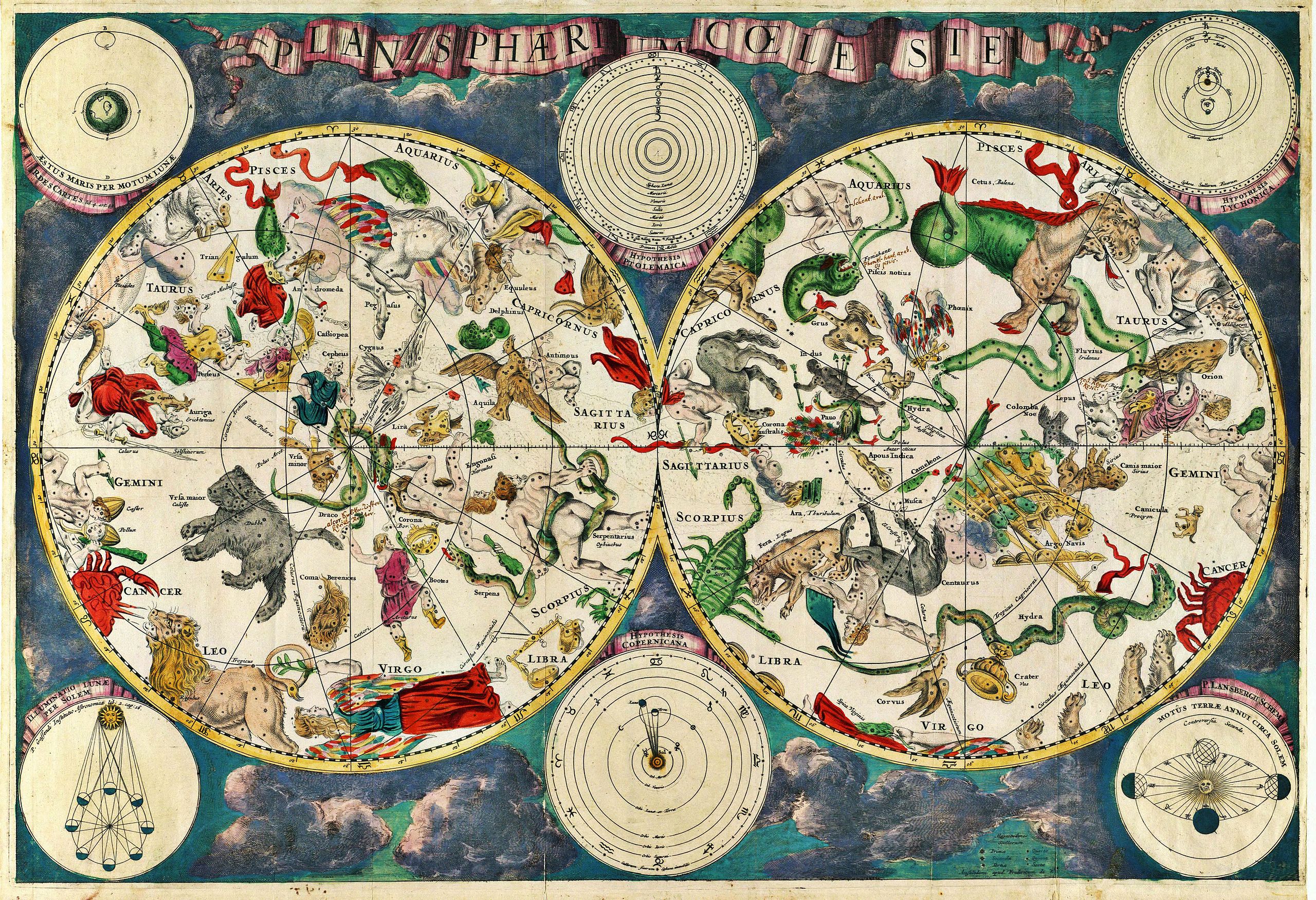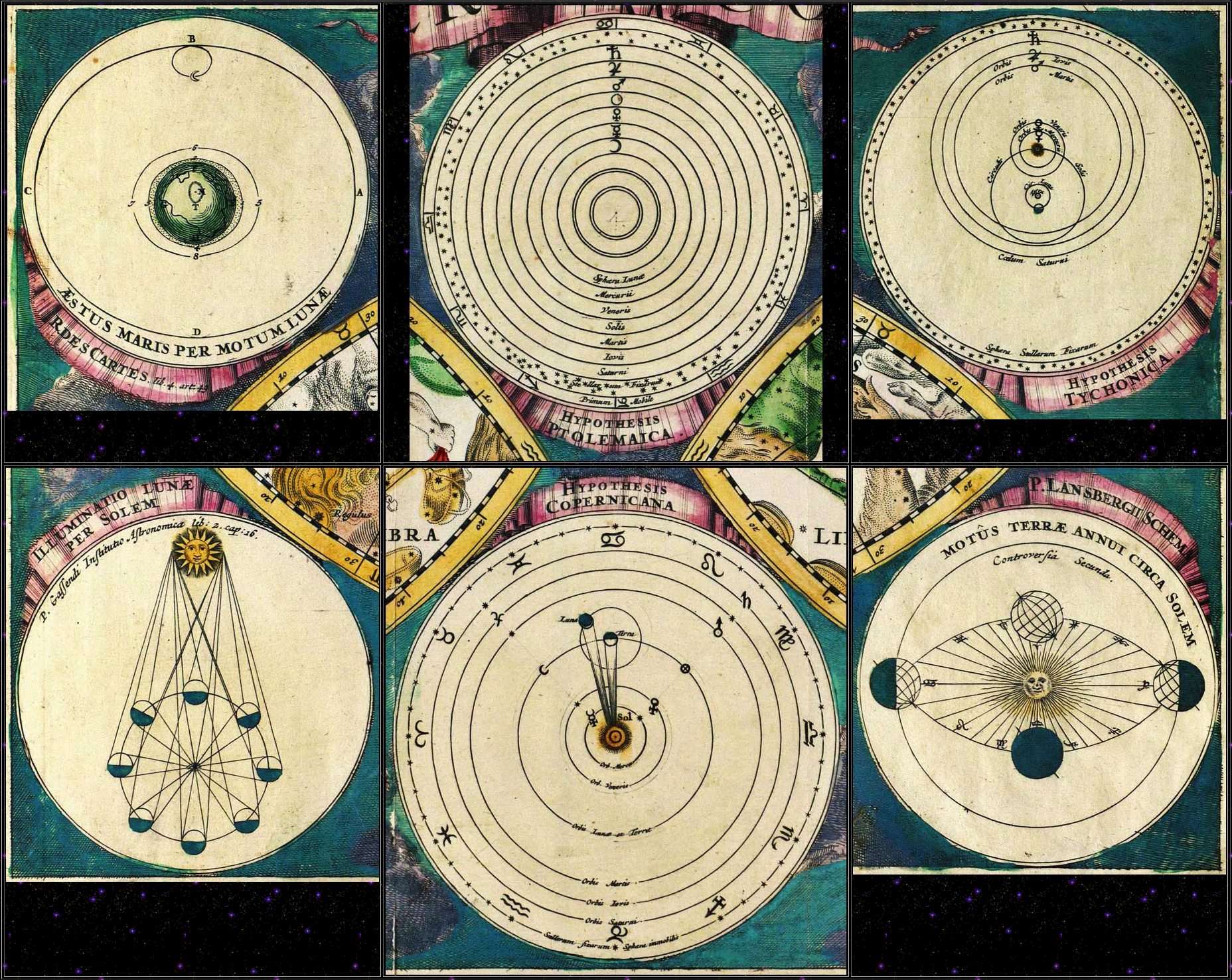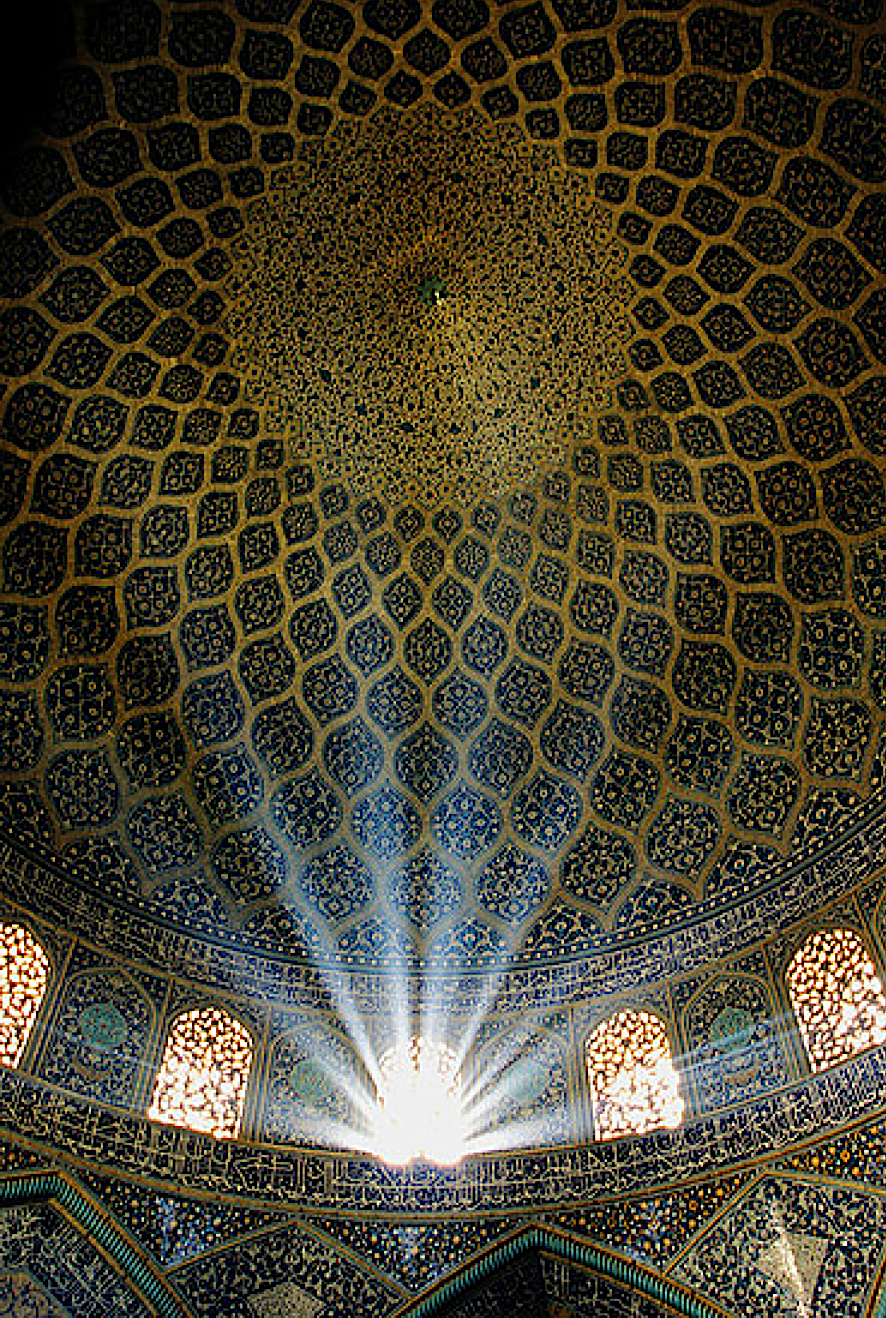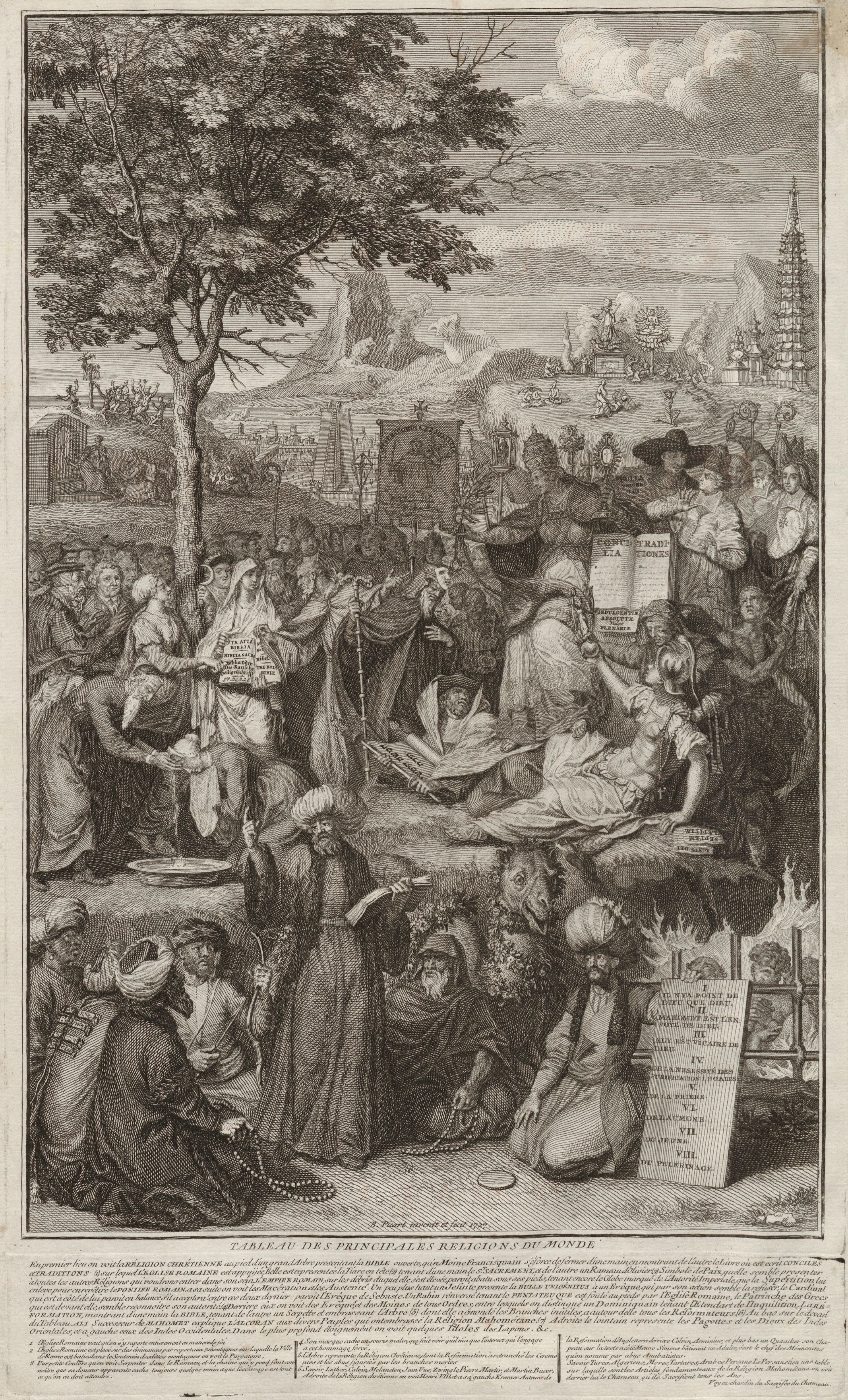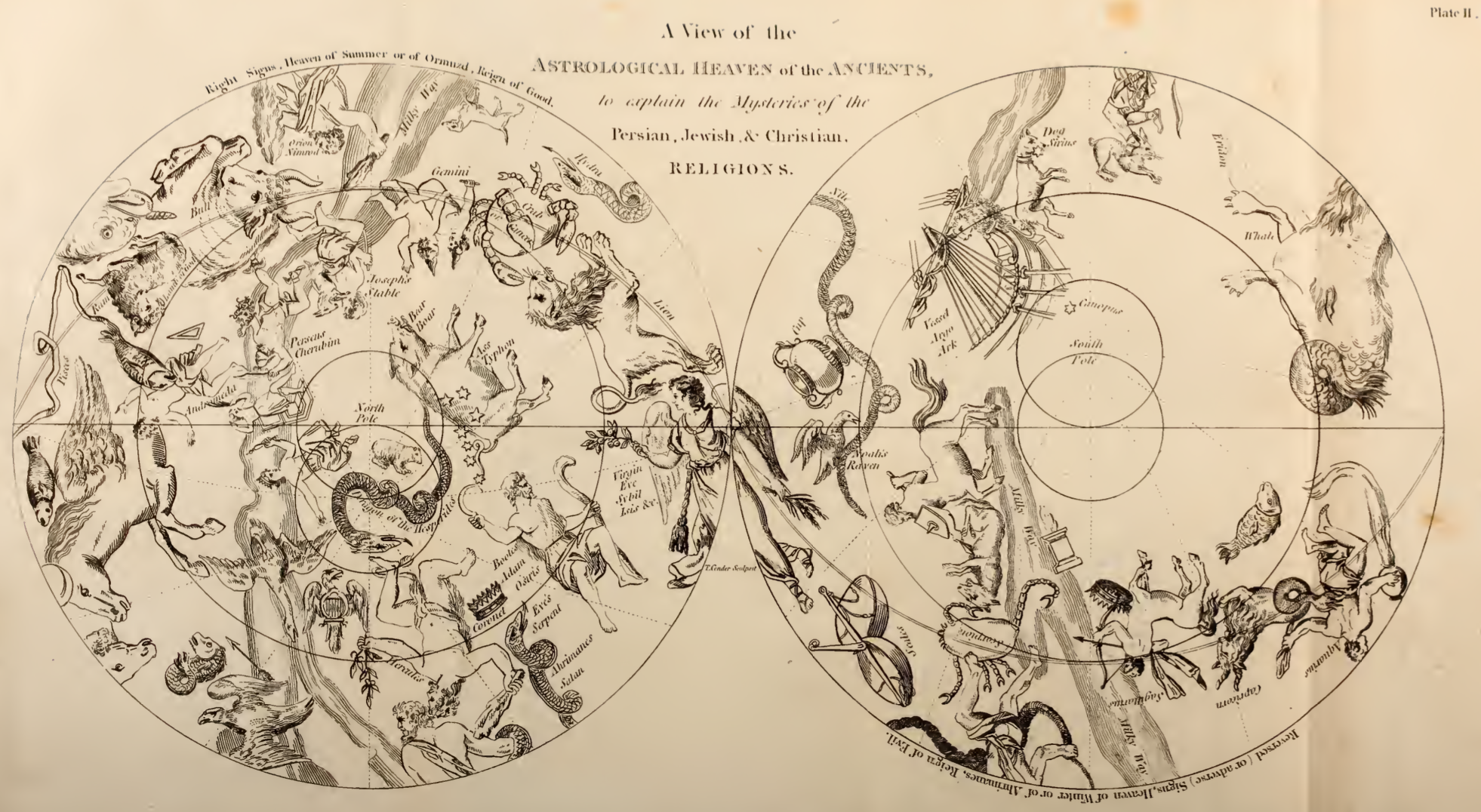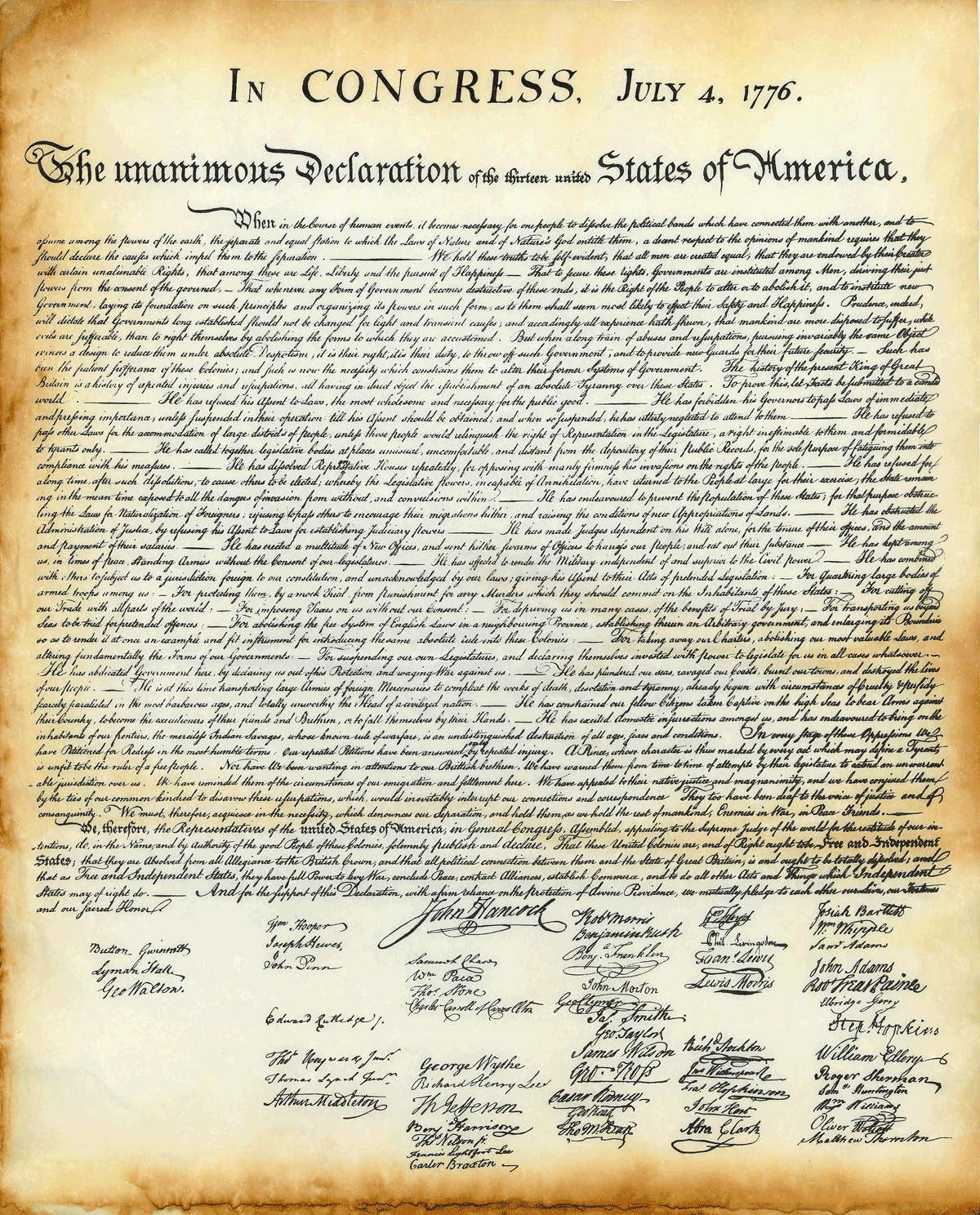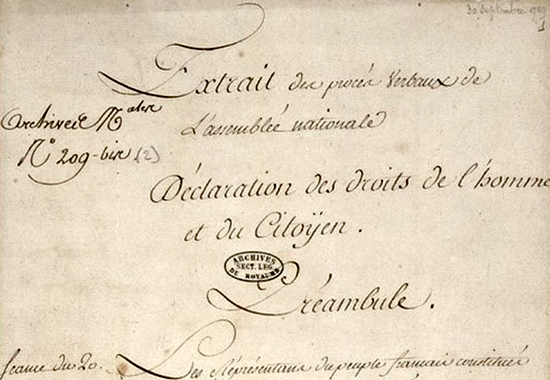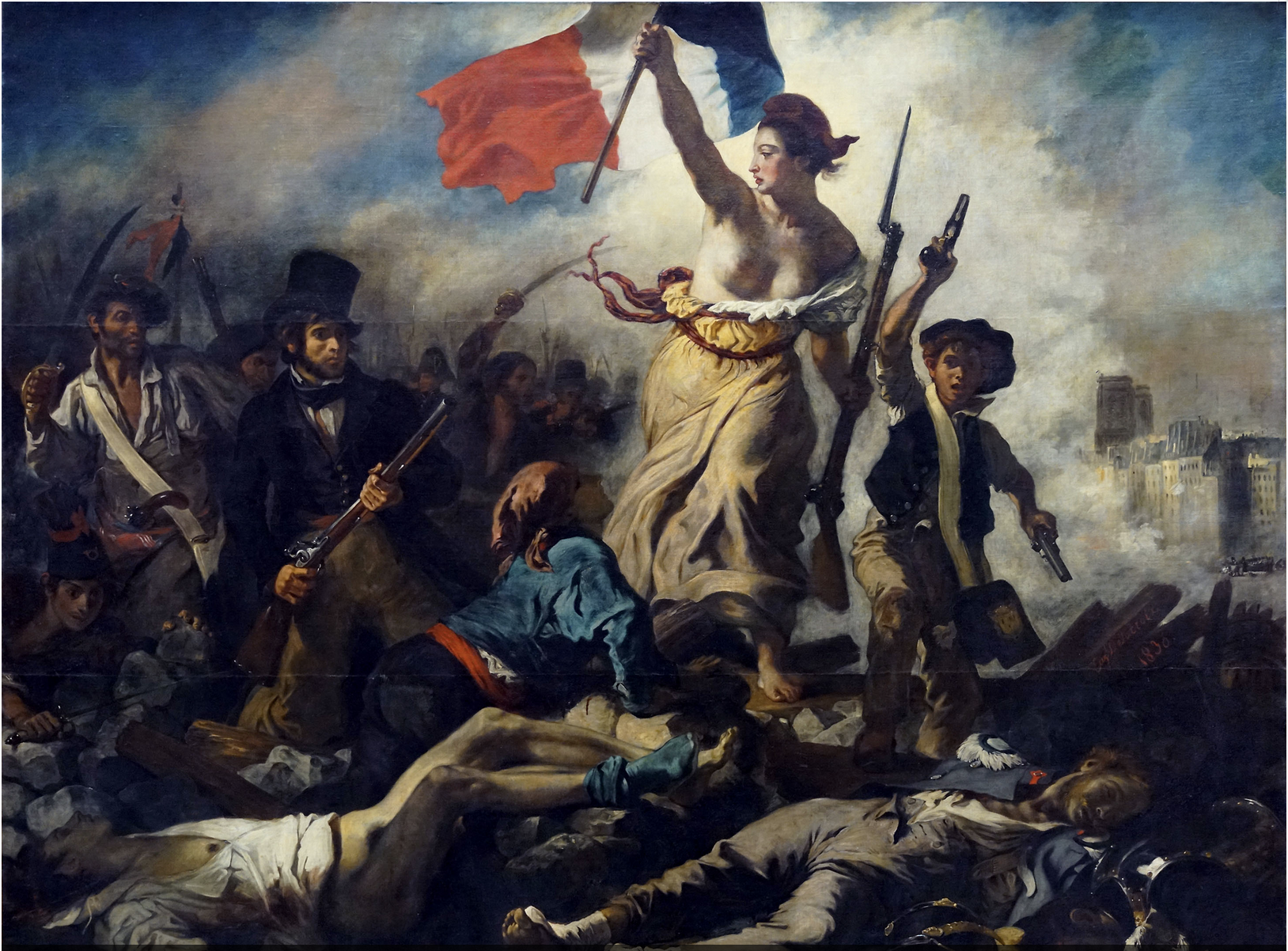Roots
|
Major
historical Events
|
Key
Works (linked)
|
Developments
in Arts & Sciences
|
Paleo-
lithic
|
|
|
Summarized in the
History of Cosmology (link);
Ch. I. From Mythos
to Cosmos (~3.3 Mya - ~11.7 kya section).
|
6th-3rd
cent. BCE
|
Greek
(Ionian-Melitan) Enlightenment
|
Links to surviving
documents will be added here.
|
Summarized in
greater detail in the accompanying History of
Cosmology Ch.
I Mythos to Cosmos. |
9th-12th
cent. CE |
Arab-Islamic
Enlightenment
|
Links to
available documents will be added here.
|
Being added in Ch.
I Mythos to Cosmos; Partial listing:
- About 2/3rds of the named
stars are named in Arabic
- Algebra – symbolic
foundations of all maths
- Indo-Arabic numerals
- Concept of algorithm
- Improved astrolabe
- Longitude for navigation
- Vaulted arch in architecture
- Secular or cosmopolitan
tolerance: Sephardic Jewish ‘Golden Age’ Iberia
- Preservation &
transmission of Greek philosophy
|
Year
|
Major
historical Events
|
Key
Works (linked)
|
Developments
in Arts & Sciences
|
1600
|
|
1582: Il
Candelajo (Candelier; a play, link)
1584: De l'Infinito Universo e Mondi (link)
1588: De la Causa, Principio e Uno (link)
|
Bruno's Il
Canelajo forecast the idea of 'Enlightenment'
His 1584 & 1588 works introduced (Epicurean)
monism
—Roman Inquisition burns
Giordano Bruno to death
|
1603
|
|
Johannes Bayer:
Uranometria (link
expanded edition) |
Artistic-scientific
mapping of the visible starry Universe
|
1610
|
|
|
Galileo turns a
telescope on the heavens (January 1610):
—> Mountains on the Moon &
—> 4 moons of Jupiter: Io, Ganymede, Callisto,
Europa
—> And the gibbous phases of Venus:
(Aristarchan-)Copernican
Revolution
|
1618-1648
|
Thirty Years' War
|
|
Indecisive outcome
& horrific cost led many to question
providence in these religious conflicts in Europe
|
1620
|
|
Francis Bacon:
Novum Organum
Scientarum (link)
|
|
1625
|
|
Hugo Grotius:
de Jure Belli ac Pacis
(link)
|
|
1632
|
|
Galileo Galilei:
Dialogo Sopra i Due
Massimi Sistemi del
Mondo (autograph;
link);
Dialogue Concerning the
Two Chief
World Systems (link)
|
Master comparison
between the Ptolemaic &
Copernican cosmologies (cf. history
of cosmology, ch. I)
|
1633
|
|
|
Roman Inquisition
condemns Galileo
|
1635
|
|
|
Académie Française
founded
|
1637
|
|
René Descartes:
Discours de la Méthode
(link)
Les Météores (link)
La Dioptrique (link)
La Géométrie (link)
|
Descartes published
these instead of his larger planned
Discourse on the World,
abandoned after the Galileo
condemnation;
Descartes develops Cartesian or analytical geometry
(algebraic analyticity applied to geometry)
|
1641
|
|
René Descartes:
Meditationes de Prima
Philosophia (link)
|
|
1642-1651
|
English Civil War
|
|
|
1644
|
|
René Descartes:
Principia Philosophiae
(index
Latin)
|
|
1651
|
|
Thomas Hobbes:
Leviathan (link)
|
|
1656
|
|
Christiaan Huygens:
De Motu Corporum ex
Percussione:
Concerning the Motion
of Colliding Bodies
(publ. posthumously 1607; Engl. link)
|
Correct physical
theory of elastic collisions
|
1657-67
|
|
|
Florentine Sciences
Academy (Cimento) founded |
1660
|
Restoration of
monarchy
in England
|
|
|
1661
|
|
Johannes Bayer:
expanded
Uranometria (link)
|
12
southern constellations added from explorers'
accounts of the southern starry skies
(cf. history
of cosmology, ch. I)
|
1664-1665
|
|
|
Comets controversy
|
1666
|
|
|
Académie des
Sciences founded
|
1667
|
|
|
Observatoire de
Paris founded;
von Leeuwenhoek discovers sperm
|
1668
|
|
Christiaan Huygens:
'De motu corporum ex mutuo impulsu' read to
the Royal Society (autographs,
1669)
|
Koerbagh dies in
Amsterdam prison
|
1670
|
|
Frederik de Wit:
Planisphærium Cœleste (link;
cf. link)
Benedict de Spinoza:
Tractatus Theologicus
Politicus (link)
|
de Wit's planisphere
included the ancient Greek
constellations plus the 12 new ones by J. Bayer (1661),
& a summary of the competing cosmological
models.
|
1672
|
Dutch "True Freedom"
overthrown
|
|
|
1672-1678
|
Franco-Dutch War
|
|
|
1673
|
|
Christiaan Huygens:
Horologium
Oscillatorium (link;
Engl. link)
|
|
1675
|
|
Lucy Hutchinson:
Dedicated her translation of
Lucretius' De Rerum Natura (cf. link)
|
|
1677
|
|
Benedict de Spinoza
(post-humus):
Ethica Ordine
Geometrico Demonstrata (link)
|
|
1678
|
|
Richard Simon:
Histoire Critique de
Vieux Testament (link).
|
Spinoza's works
banned.
|
1682
|
|
Pierre Bayle:
Pensées Diverse sur la
Comète (link)
|
Acta Eruditorum
founded
|
1683
|
|
Thomas Creech:
T. Lucretius Carus, Of
the Nature of Things
(in English iambic pentameter rhyme; link)
|
Ashmolean Museum
opened
|
1685
|
Revocation of the
Edict of Nantes
|
|
|
1686
|
|
Bernard le Bovier de
Fontenelle:
Entretiens sur la
Pluralité des Mondes (link)
Conversations on the
Plurality of Worlds (link)
|
Popularized the
discoveries and work of Descartes and
of Copernicus, as well as helping make widespread
the
(Brunesian) theory of the plurality of worlds.
|
1687
|
|
Sir Isaac Newton:
Philosophiæ Naturalis
Principia Mathematica
(link)
De Motu Corporum (Liber
Primus; link)
|
Extended the light
of physical law across the cosmos,
(cf. history
of cosmology, ch. I)
|
1688
|
Glorious Revolution
in England
|
|
|
1689
|
|
John Locke:
Essay Concerning Human
Understanding (link)
|
|
1690
|
Williamite conquest
of Ireland
|
Anne Conway:
Principia Philosophiae
Antiquissimae et
Recentissimae (1692 English link)
Christiaan Huygens:
Traité de la Lumière
(link)
John Locke: Two Treatises of
Government (link)
|
Conway's original
philosophy of ontological monism;
Huygens' wave theory of light, prior to Newtonian
corpuscular theory of light: Quantum theory
incorporates both photon as electromagnetic
(classic)
electron-photon field perturbation (QFT; 20th
century)
|
1691
|
|
Balthasar Bekker:
A World Bewitched (link)
|
|
1692
|
|
|
Boyle lecture series
begins
|
1693
|
|
|
Pierre Bayle
dismissed from his teaching post
|
1694
|
|
|
University of Halle
founded
|
1695
|
|
|
Expiration of the
Licensing Act in England
|
1696
|
|
John Toland:
Christianity not
Mysterious (link)
|
|
1697
|
|
Pierre Bayle:
Dictionnaire Historique
et Critique (link)
|
|
1699-1711
|
|
|
Leibniz-Newton
Calculus controversy
|
1700
|
|
|
Prussian Academy of
Sciences founded
|
1702-1713
|
War of the Spanish
Succession
|
|
|
1704
|
Battle of Blenheim
|
John Toland:
Letters to Serena (link)
|
|
1705
|
|
Samuel Clarke: A
Demonstration of
the Being and Attributes of God (link)
|
|
1706
|
|
Matthew Tindal:
Rights of
the Christian Church Asserted (link)
|
|
1710
|
|
Gottfried Wilhelm
Leibniz:
Theodicy (link)
|
|
1711-1712
|
|
Addison and Steele:
The Spectator (link;
volume 1)
|
|
1713
|
Peace of Utrecht
ends Louis XIV's
wars
|
|
|
1720
|
Sweden's "Age of
Liberty" begins
|
|
|
1721
|
|
Baron de
Montesquieu:
Lettres Persane (link)
|
|
1723
|
|
|
Wolff expelled from
Prussia
|
1724
|
|
Anthony Collins:
Discourse of the
Grounds and Reasons
of the Christian Religion (link)
|
St. Petersburg
Academy of Sciences founded.
|
1725
|
|
Giambattista Vico: Principij
Scienza di Nuova
The New Science (link)
|
|
1726
|
|
|
Edinburgh Medical
School founded
|
1726-1728
|
|
|
Voltaire's exile in
England
|
1728-1753
|
|
Ephraim Chambers:
Cyclopædia: or, An
Universal Dictionary
of Arts and Sciences (link;
2 volumes &
supplement; multiple editions)
|
|
1729
|
|
Jean Meslier: Testament
(1729;
1732;
1762)
|
|
1732
|
|
|
Carolus Linnaeus'
expedition to Lapland
|
1733-1734
|
|
Alexander Pope:
An Essay on Man (link)
|
Written in heroic
couplet this work in light-hearted,
sardonic tones described the zeitgeist / l'esprits
des
temps of the Enlightenment, surreptitiously
promoting
Radical sentiment
|
1734
|
|
Voltaire:
Lettres Philosophique
(link)
|
Capitoline Museum
opens in Rome
|
1735
|
|
Carolus Linnaeus:
Systema Naturae (link)
|
La Condamine sets
out for South America
|
1736
|
|
Christian von Wolff:
Theologia Naturalis
(link
[1739])
|
|
1737
|
|
|
Göttingen University
founded
|
1739
|
|
David Hume:
Treatise of Human
Nature (link)
|
Royal Swedish
Academy founded
|
1740
|
|
Gabrielle Émilie,
Marquise de Châtelet:
Institutions de
Physique (link)
|
First to propose the
conservation of total energy,
then derived the mass-velocity relation (link)
|
1742
|
|
|
Royal
Danish-Norwegian Academy founded
|
1743
|
|
|
American
Philosophical Society founded
|
1744
|
|
|
Royal Prussian
Academy re-founded in Berlin
|
1747
|
|
Julian Offray de la
Mettrie:
L'Homme Machine (link)
|
The Encyclopédie
project begins
|
1748
|
|
Baron de
Montesquieu:
De l'Esprit des Loix (link)
|
|
1748-1750
|
|
|
The journal La
Spectatrice Danoise edited by
La Beaumelle in Copenhagen
|
1749
|
|
Dennis Diderot:
Letter on the Blind
(link)
|
|
1749-1750
|
|
Georges-Louis
LeClerc de Buffon:
Histoire Naturelle
(link;
link)
|
Voltaire moves to
Berlin
|
1750
|
|
Thomas Wright:
An Original Theory or
New Hypothesis
of the Universe (link)
|
Wright proposed that
other stellar systems exist out there
beyond our local stellar system; what we now call
galaxies (history
of cosmology: ch.
I).
|
1751-1752
|
|
Abbé Nicolas-Louis
de Lacaille:
A catalogue of 9766 stars in the
southern hemisphere (1847)
|
Abbé de Lacaille
journey of astronomical observations
from the Cape of Good Hope
|
1751-1772
|
|
d'Alembert; Diderot
(eds.) & many lumières:
Encyclopédie, ou
Dictionnaire
Raisonné des Sciences,
des Arts et des Métiers (17+11 vols.; link)
|
|
1753
|
|
|
The British Museum
founded
|
1754-1761
|
|
David Hume:
History of England
(link)
|
|
1755
|
The Lisbon
Earthquake & the
start of Pombal's reforms in
Portugal
|
Immanuel Kant:
Allgemeine
Naturgeschichte und
Theorie des Himmels (link);
Universal Natural
History and
Theory of the Heavens (link)
|
Madrid Royal
Botanical Gardens founded
Kant's theory proposed the "island universe"
hypothesis
for distant nebulosities seen through the telescope,
what we now call galaxies (history of
cosmology: ch.
I).
|
1756
|
|
Voltaire: Essai
sur les Mœurs et l'Esprit des Nations
(Multi-volume history: link)
James Ferguson:
Astronomy Explained On
Sir Isaac
Newton's Principles (link)
|
Pombal institutes
the Douro Wine Company
|
1757
|
British seize
Calcutta
|
|
Rupture between
Rousseau and Diderot
|
1758
|
|
Claude-Adrien
Helvétius:
De l'Esprit (link)
|
|
1759
|
|
Voltaire: Candide
(link;
link)
Gabrielle Émilie, Marquise
de Châtelet:
Principes Mathématiques
de la Philosophie
Naturelle (transl. Newton's Principia:
link)
|
Encyclopédie
banned
Kew Gardens founded
|
1761
|
|
Jean Jacques
Rousseau:
La Nouvelle Héloïse
(link;
link)
|
Berlin State Library
founded
|
1761-1767
|
|
|
Danish Royal Arabian
Expedition
|
1762
|
|
Jean Jacques
Rousseau:
Du Contrat Social, ou
Principes
du Droit Politique (link)
The Social Contract
(link;
link)
|
Cambridge Botanical
Gardend founded
|
1763
|
|
Abbé Nicolas-Louis
de Lacaille:
Coelum Australe
Stelliferum (link)
|
Abbé de Lacaille
added 14
new constellations
to the southern skies
|
1767
|
The Jesuits expelled
from Spain &
Spanish America
|
|
|
1770
|
|
Guillaume Thomas François
Raynal:
Histoire
Philosophique et Politique (19 v; link)
Baron d'Holbach:
Système de la Nature (link;
link;
link)
|
|
1770-1772
|
Struensee's reforms
in Denmark-
Norway
|
Voltaire:
Questions sur l’Encyclopédie (1772; link)
|
|
1772-1784
|
Gustav III's reforms
in Sweden-
Finland
|
|
|
1773
|
|
Baron d'Holbach: La
Politique Naturelle (link)
|
America's first
public museum founded
|
1773-1774
|
|
|
Diderot's visit to
Russia
|
| 1775 |
|
Thomas Paine:
African Slavery in
America (link)
|
|
1774-1776
|
Turgot's failed
reforms in France
|
|
|
1774-1781
|
|
Charles Messier (link):
Catalogue des
Nébuleuses &
des Amas d'Étoiles (1771-1774;
1781
scans);
Catalogue of Nebulae
& Star Clusters (link)
|
Charles Messier,
astronomer and comet-hunter,
created the first deep sky catalogue of astronomical
bodies, significant in the
history of cosmology.
|
1775-1776
|
Start of the
American Revolution
|
|
|
1776
|
|
Thomas Paine: Common
Sense (link;
link)
The American Crisis
series (link)
US Declaration of Independence (link)
Adam Smith: Wealth of Nations (link)
|
Thomas Paine,
Abolitionist, social security / old age
pension advocate, democratic constitution &
human
rights advocate, freethinker and Deist.
|
1776-1783
|
|
Thomas Paine: The
Crisis (link)
|
|
1776-1785
|
|
|
Ben Franklin is US
Envoy in Paris
|
1778
|
Franco-American
alliance
|
|
Batavian Arts and
Science Society founded in Jakarta
|
1779
|
|
|
Fridericianum state
museum founded in Kassel
|
1780
|
|
Jeremy Bentham:
Introduction to the
Principles of Morals (link)
|
|
1780-1787
|
Dutch "patriot"
democratic
movement
|
|
|
1781
|
|
Immanuel Kant:
The Critique of Pure
Reason (link)
|
|
1781-1789
|
|
|
William Herschel
astromonical discoveries (link):
—> Planet Uranus (1781)
—> Proper motion of Sun & solar system by
stars (1783)
—> Model of the Milky Way galaxy (1785)
—> Titania & Oberon = moons of Uranus (1787)
—> Mimas & Enceladus = moons of Saturn (1789)
|
1782
|
Joseph II's
Toleration Edict
|
|
|
1784
|
|
|
Calcutta's Asiatick
Society of Bengal founded
|
1785
|
|
|
Start of Pantheism
controversy in Germany
|
1786
|
|
William Herschel:
Catalogue of Nebulae
and Clusters of Stars
(link)
|
|
1788
|
US
Constitution ratified
|
Immanuel Kant:
The Critique of
Practical Reason (link)
|
Iroquois 6 nation /
Am. Indian federal
democracy influence
on US representative federalism (Kickenbird,
1987;
Miller,
2015; US Senate 1988
acknowledgment).
|
1789
|
Start of the French
Revolution
|
|
The Declaration
des Droits de l'Homme et du Citoyen
published by the revolutionary Assemblée
Nationale
in Paris: Freedom of the press in France
|
1789-1791
|
|
Erasmus Darwin:
The Botanic Garden:
Parts I & II (link;
cf. link)
|
Abolitionist; equal
rights for women;
Forerunner of Darwinian evolution by his grandson,
Charles Darwin online.
|
1791
|
|
C. F. Volney: The
Ruins (link;
link). A radical
'philosophy of history' essay.
|
Pantheonization of
Voltaire in Paris
|
1791-1792
|
|
Thomas Paine:
The Rights of Man;
Parts I & II (link;
link;
link;
link;
link);
|
|
1791-1793
|
|
|
Louvre transformed
into a national museum
|
1792
|
First French
Republic founded
|
Mary Wollstonecraft:
Vindication of the
Right of Woman (link)
|
|
1792-1793
|
Condorcet's
attempted
constitutional and educational
reforms
|
|
|
1793
|
15-16 February 1793
introduction
of Plan de Constitution, signed by
Le Comité de Constitution:
Condorcet, Gensonné, B. Barrère,
Barbaroux, Thomas Paine,
Pétion, Vergniaud, E. Sieyes
(Le Constitution Girondine)
|
Marquis(e) de
Condorcet:
Plan de Constitution
Présenté à la
Convention Nationale, 15
fev 1793 (link;
link)
Constitution presented, 24 juin 1793 (link;
link)
Jean-François Varlet:
Declarations des Droits
de l’Homme
dans l’état social (link)
|
Le Constitution
Girondine = the world's first democratic
constitution (Israel, 2014).
Paris National Natural
History Museum founded
|
1793-1794
|
Terror in France
|
|
Jacobins suppress
press freedom
|
1794
|
Abolition of slavery
in the French
Empire
|
Thomas Paine:
The Age of Reason (link;
link)
|
Antoine Lavoisier
guillotined
|
1794-1796
|
|
Erasmus Darwin:
Zoonomia (Part
I; Part
II)
|
Erasmus
Darwin, Abolitionist; equal rights for women
|
1795
|
Batavian Revolution
in the
Netherlands
|
Marquis de
Condorcet:
Esquisse d'un Tableau
Historique des
Progrès de l'Esprit Humain (link)
|
Institut de France
founded
|
1796-1799
|
The Triennio of
Napoleonic
reforms in northern Italy
|
|
|
1797
|
|
Thomas Paine:
Agrarian Justice (link;
link)
|
|
1798
|
Napoleon invades
Egypt
|
|
|
1798-1801
|
|
|
Institut d'Égypte in
Cairo founded
|
1799
|
|
Pierre-Simon,
Marquis de Laplace:
Traité de Mécanique
Céleste, Vol 1 (link)
Traité de Mécanique
Céleste, Vol 2 (link)
|
Rosetta Stone
discovered
|
1800
|
|
|
Lamarck outlines his
evolutionary theory
|
1802
|
Napoleon restores
slavery
in the French Empire
|
Pierre-Simon,
Marquis de Laplace:
Traité de Mécanique
Céleste, Vol 3 (link)
|
Secularization of
the Bavarian State Library
|
1803
|
Louisiana Purchase
by
Jefferson
|
Erasmus Darwin:
The Temple of Nature;
or, the Origin of
Society (link)
|
|
1805
|
|
Pierre-Simon,
Marquis de Laplace:
Traité de Mécanique
Céleste, Vol 4 (link)
Traité de Mécanique
Céleste, Vol 5 (1852)
|
|
1806-1813
|
Napoleon's
Confederation of
the Rhine
|
|
|
1807-1810
|
King Louis
Bonaparte's reform
in the Netherlands
|
|
|
1808
|
|
|
Royal Dutch Academy
of Sciences founded |
1808-1813
|
King Joseph's
reforms in Spain
|
|
|
1810
|
|
|
The new University
of Berlin opens
|
1811-1812
|
First Venezuelan
Republic
|
|
|
1814-1815
|
Congress of Vienna
|
|
|
1815
|
Napoleon's 100 days
|
|
|
1817
|
|
|
Bentham reveals his
radicalization |
1819
|
|
|
Open of the Prado
Museum in Madrid
|
1923
|
|
Pierre-Simon,
Marquis de Laplace:
Précis de l'Histoire de
l'Astronomie (link) |
|
1824
|
|
Pierre-Simon,
Marquis de Laplace:
Exposition du Système
du Monde (link)
|
Braille invented;
London College National Gallery founded
|
1826
|
|
|
University College
London founded
|
1830
|
Strings of
revolutions in Europe
|
|
|
Legacy
|
Major
historical Events |
Key
Works (linked) |
Developments
in Arts & Sciences |
19th-
present
|
|

|
|

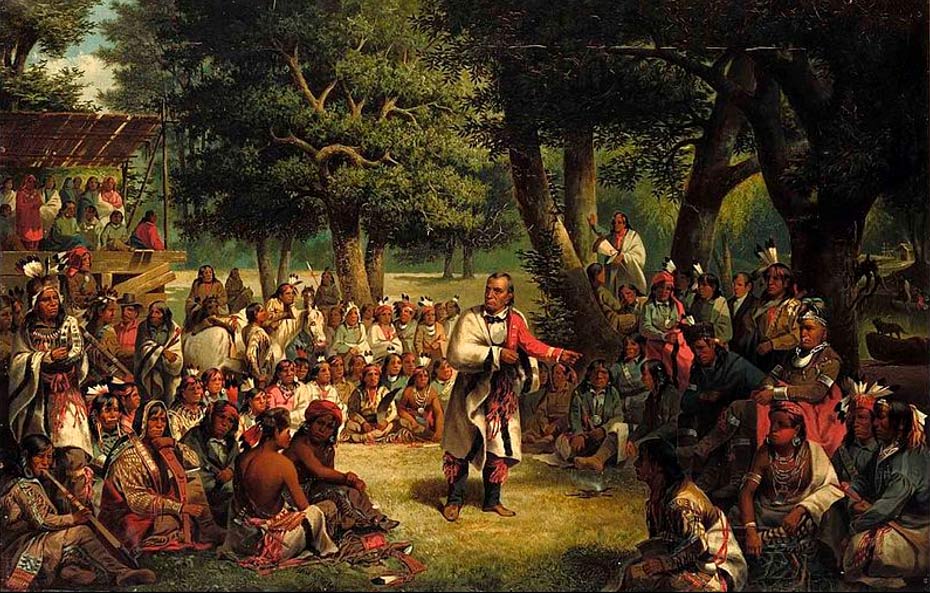
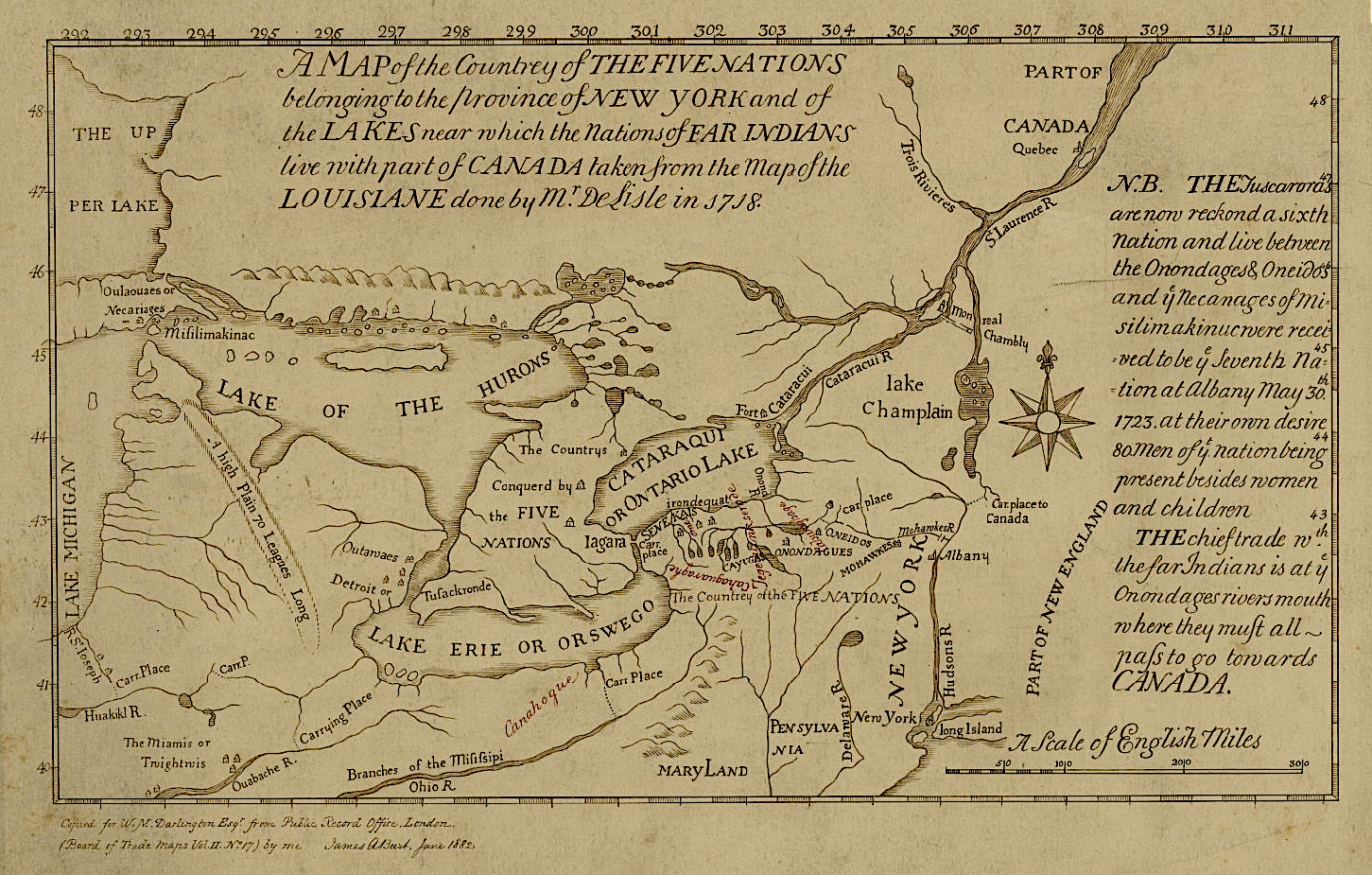
_(14598247259).jpg)
